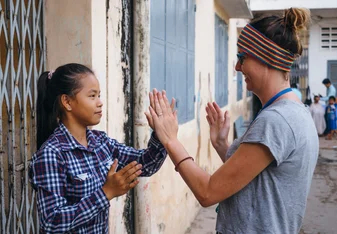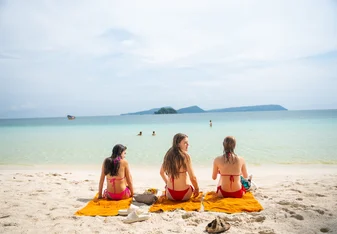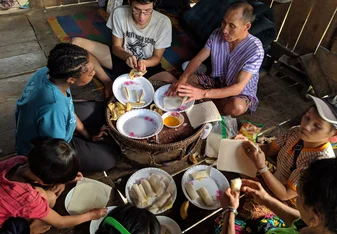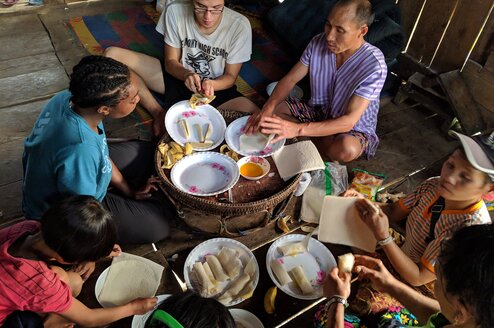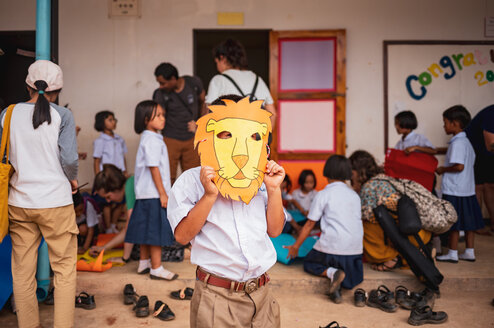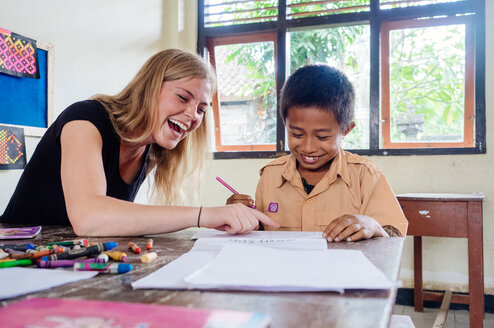Marine Conservation Volunteer Program in Cambodia
Location
- Cambodia
May 10, 2017
Aug 12, 2016
3 travelers are looking at this program
About Program
Marine Conservation Cambodia is always looking for volunteers and interns to help us continue our efforts in protecting Cambodia's marine environment as well as contributing to the well being of the local communities. We are looking for volunteers who wish to support us in realizing our mission and goals.
If you feel you have something to offer the project please contact us. The more support we get the bigger difference we can make. Marine Conservation Cambodia has great opportunities for you to be involved in our crucial activities to save Cambodia's precious marine life.


